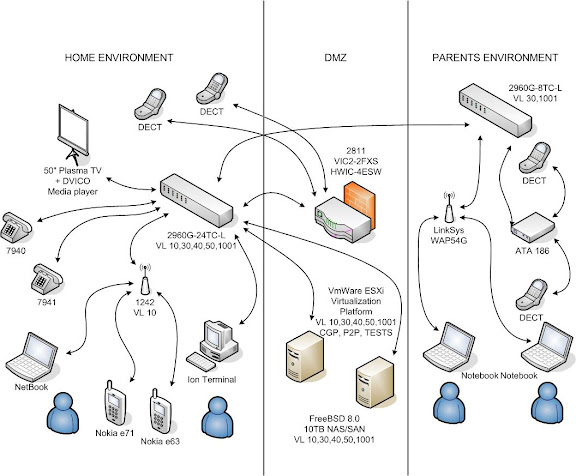Hello,
I have a single installation of FreeBSD (9.0 Current) which is basically SAN/NAS. It's dispencing SMB and NFS over home network and doing some other network services such HAVP, DNS, VoIP BPX and others. Everything works fine and all okay until my uplink going down. And then NFS stop working at all. I don't know how this service related to Internet uplink while I using NFS at home only... And as soon as I do remove default route all starting to working fine even with no uplink at all.
Any ideas where is the problem?
I have a single installation of FreeBSD (9.0 Current) which is basically SAN/NAS. It's dispencing SMB and NFS over home network and doing some other network services such HAVP, DNS, VoIP BPX and others. Everything works fine and all okay until my uplink going down. And then NFS stop working at all. I don't know how this service related to Internet uplink while I using NFS at home only... And as soon as I do remove default route all starting to working fine even with no uplink at all.
Any ideas where is the problem?


